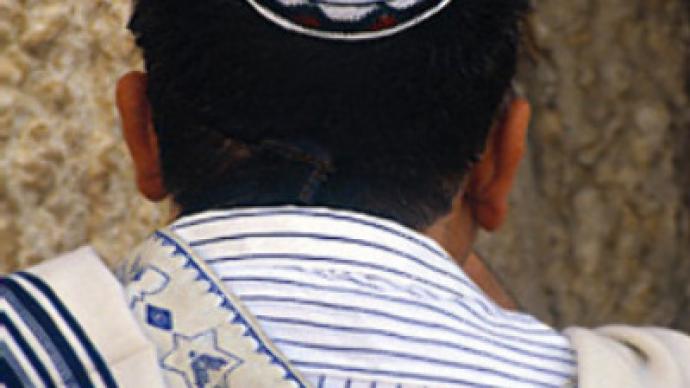Egypt and Israel violate refugee laws - report

Illegal immigration is not a problem unique to any country. What is unique is how some countries, such as Egypt and Israel, choose to deal with it.
US-based Human Rights Watch (HRW) recently turned its spotlight on Egyptian and Israeli immigration tactics in a 90-page report entitled Sinai Perils.
The report claims that Egypt and Israel have responded to African migration across the Sinai border with policies that violate fundamental rights. The gravest violations are the rights to seek asylum and the right to life.
Death without trial
Reports of migrants trickling across the Sinai border date back to 2004, but by 2007 the flow became a flood.
In June 2007, Egyptian President Hosni Mubarak and Israeli Prime Minister Ehud Olmert met about this influx of Africans into Israel. On July 1, Olmert publicly said that an agreement on “ways to deal with infiltration into Israel” had been reached.
Within three days, Egyptian border police shot and critically wounded a Sudanese man.
Two weeks later, Hadja Abbas Haroun was killed. Seven-months pregnant, Haroun fled Darfur with her husband and daughter. Haroun’s husband, Sadiq, told Al Jeezera that border police shot his wife in the head at close range.
Thereafter, the death toll continued rising and the death list includes children.
The part Israel plays
African migrants face “a great deal of racism in Egypt”, Michael Kagan, Senior Fellow in Human Rights at the University of Cairo told The Jerusalem Report. Kagan says migrants are lured to Israel because of the country’s reputation as a thriving democracy with a sound human rights record.
Although the violence occurs on Egyptian soil, Israel is not living up to its reputation.
In one instance, Ha’aretz reports that Israel Defence Forces (IDF) spotted three refugees approaching the border. They warned Egyptian forces by launching a flare. The Egyptians shot and killed one man instantly. Another continued toward the fence and the IDF tried to pull him over to Israel but let go because of the shooting. Egyptian forces caught the man and beat him to death on the spot.
Fully aware of how Egyptians treat their fellow Africans, Israel still insists that Egypt take responsibility for the migrants.
“Perhaps the most troubling aspect of Israel's reaction to the border-crossing phenomenon has been its. . . returns of those who cross the Sinai border to Egyptian border police,” the HRW report says.
Most of the people trying to enter Israel are from Sudan and Eritrea. A large portion of them are refugees and asylum seekers. Despite that, Israel has forced people to return to Egypt without checking their status or hearing their claims.
In August, Israel forcibly returned 91 people. To date, their whereabouts are unknown. Possibly because Egypt is known to subsequently return migrants to their home countries.
Upon returning home, many migrants face a very real threat of persecution, torture and death. Hossam Bahgat, Director of the Egyptian Initiative of Personal Rights described Eritrea as “one of the most totalitarian governments in the world.”
Eritreans claim to seek refuge to avoid mandatory and potentially endless military service and religious persecution. Anyone who seeks asylum is viewed by the government as a traitor.
International law prohibits countries from forcing anyone to return to another country where there is substantial risk of torture, cruel, inhumane or degrading treatment.
Egypt’s justification
People attempting to cross the Sinai border are violating Egyptian law. It is illegal to enter or exit Egypt at an unauthorized point. Moreover, the Sinai border is a restricted military zone.
Although these crimes should not warrant an on-the-spot death sentence, Egypt shows little remorse, claiming that migrants are a national security risk. Arms and sex-slave smugglers use the same route. As do Palestinian fighters sneaking into Gaza. Terrorist attacks have also taken place there.
Commenting on the time border guards killed pregnant Haroun, Colonel Amr Mamdouh, an Egyptian commander, explained that the guards shouted for the trespassers to stop.
“But they refused. So in this case we had to fire shots, warning shots, in the air,” Mamdouh said. “In the dark we cannot see the women from the men. And all of them are black.”
Michelle Smith for RT
Moscow to host Mid-East conference
Israel and Hamas agree on Gaza truce
Israel and Syria to resume talks over Golan Heights












